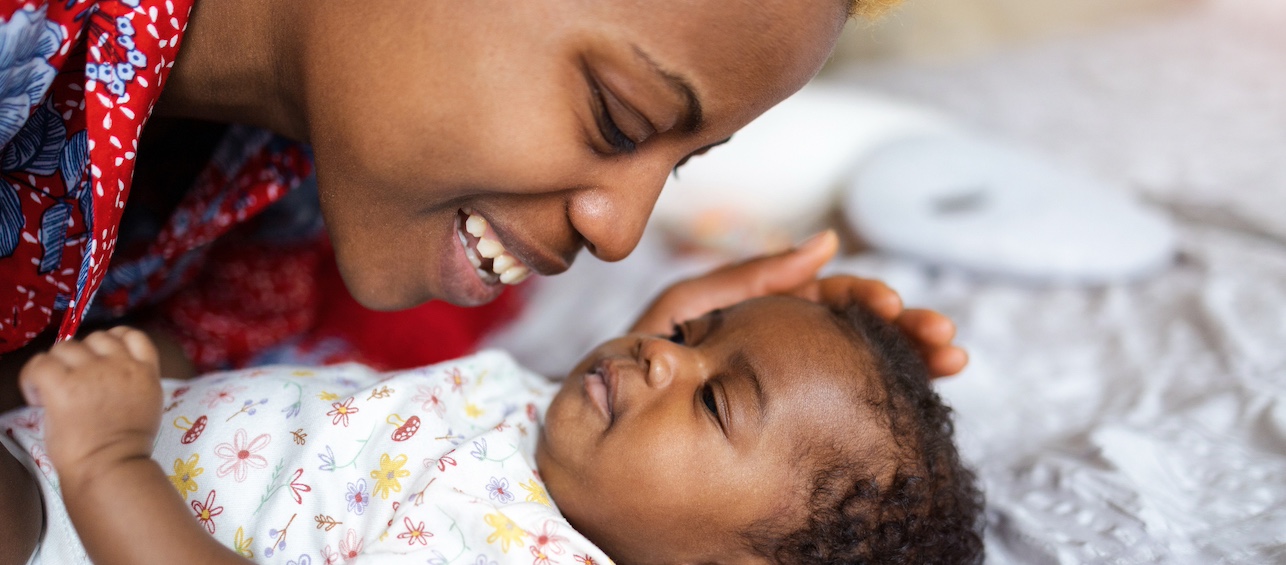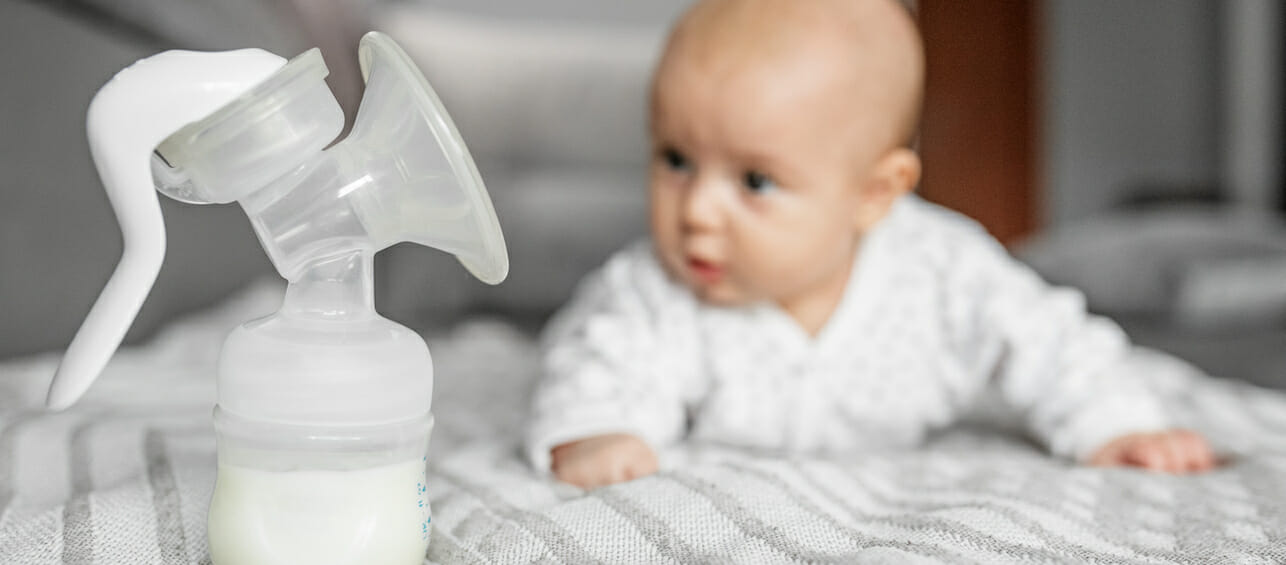The past nine months have been a whirlwind.
They have been both the most rewarding and challenging months of my life. Madeline, my daughter who was introduced in a blog post back in November, has taught me so many things about myself both personally and professionally. The things I learned being a parent are things that I never learned in medical school or during my pediatric residency training.
Having now been on both sides of the exam table, I have come to realize that some things are best learned by experience and not studied in a textbook. I thought some parents might be interested in reading about a few of the lessons I’ve learned along the way. Today I’d like to reflect on what I think the pediatrician’s role should be in a child’s and families’ life.
Lesson 1: To be objective
As parents, we often are bombarded by so many other people’s opinions, from grandparents and friends to even random strangers in the grocery store. It is difficult to know who the right person to listen to is and what opinion is the best one for your child. Every child is different and what works for one child does not always work for another.
Ultimately, your child’s health decisions are yours. You are the one who knows your child the best. Yet, you want to make the best decision for your child and it is often hard to separate emotional ties from rational decision-making.
For example, I see parents who struggle with common things like infantile colic. Often, by the time I see the baby the family has tried countless over-the-counter therapies and perhaps even convinced themselves that something has worked.
While I can now empathize with what it is like try to calm a screaming child, my main responsibility as a pediatrician is to be a source of objective advice. They want to hear from me about what works and what doesn’t. It is also important for parents to know that for some things there is very little evidence to support certain remedies we use in pediatrics.
In some cases, it is OK to try some of grandma’s common home remedies as long as they are safe.
Lesson 2: To set realistic expectations
Parents often compare their children to others. It seems as though there is a race for children to get to the “finish line” of developmental milestones.
I am guilty of this myself. One day I picked up my daughter from daycare and noticed that one of the other babies was rolling, I asked one of the staff members “How old is she?” They told me she was a month younger than my daughter.At the time, I have to admit that I was a bit disappointed even though I knew that my daughter was still on track for normal development. I had to remind myself that every child is different and every child progresses through their developmental stages at a different pace.
Sure, there may be a child walking at 9 months but this is certainly not the case for all children, and it doesn’t mean that the child who doesn’t walk until 18 months isn’t developing “normally.” There is a wide spectrum.
This is why it is important for me as a pediatrician to discuss what normal development is with families and set realistic expectations. I think if parents have realistic expectations, they are less likely to have a strong reaction when comparing their children with others.
Lesson 3: To be a cheerleader
Being a parent is one of the most challenging jobs in the world. Specifically for working parents, it is difficult to excel (or even to get by) in all things, both personally and professionally.
We, as parents, are very hard on ourselves and set high expectations for ourselves, as well as our children.When things don’t go the way we want them to, we are quick to judge our own parenting skills and think about how we could have done things differently. However, we seldom take time to celebrate the successes.
For example, I see many mothers who experience challenges with nursing. From my own experience, nursing a child is an incredibly rewarding experience but does come with challenges.
I have found that is so important to be a cheerleader for these mothers who may be struggling with certain aspects of parenting. Even a small amount of encouragement, especially from someone who has been in their exact situation, can help them get through a very difficult time. In these situations, the medical advice takes a back seat to being a good listener and caring source of support.
I can certainly say that I have learned a great deal over the past 9 months. As many parents can attest, each new day brings about a new set of challenges and a new opportunity for learning. As I continue on this journey, I hope to apply these new insights as both a pediatrician and mother. And maybe even continue sharing them with you!
Editor’s note: information from this post was originally published in the Winter 2016 edition of Young and Healthy.





